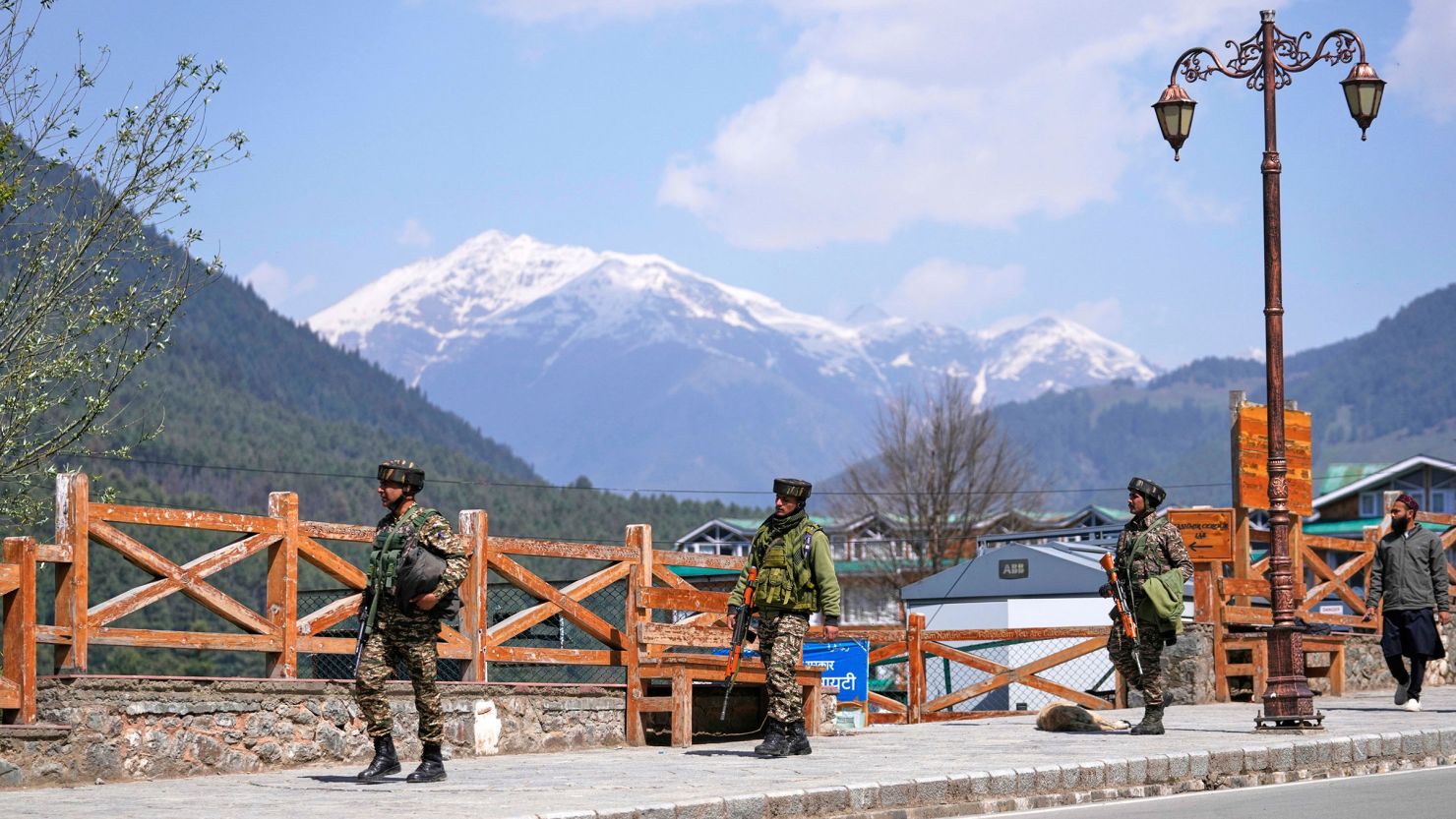India on Wednesday has suspended the Indus Waters Treaty (IWT)—a longstanding water-sharing agreement—following a deadly terrorist attack in Jammu and Kashmir’s Pahalgam region that claimed 26 civilian lives.
The move marks the first time India has formally paused its participation in the treaty since it was signed over six decades ago.
On Tuesday, the Baisaran meadow of Pahalgam town in Kashmir witnessed a horrific attack as gunmen targeted tourists after emerging from a nearby forest.
India’s Home Minister Amit Shah arrived in Srinagar, the summer capital of the disputed Jammu and Kashmir region, as global leaders expressed their condolences over the deadly attack. U.S. President Donald Trump and Russian President Vladimir Putin were among those who condemned the violence.
Prime Minister Narendra Modi vowed swift justice, writing on social media, “Those behind this heinous act will be brought to justice… they will not be spared.”
Meanwhile, The Resistance Front (TRF) claimed responsibility for the attack, while the gunmen involved remained at large.
What is the Indus Waters Treaty?
The Indus Waters Treaty, brokered by the World Bank and signed in 1960, governs the use of six rivers shared by the two nations. It has been widely regarded as a successful model of cross-border water cooperation, surviving multiple wars and diplomatic standoffs.
The treaty allocates control over three eastern rivers (Sutlej, Beas, and Ravi) to India and three western rivers (Indus, Jhelum, and Chenab) to Pakistan. While India retains the right to build hydroelectric projects on the western rivers, these must comply with strict technical guidelines, and both countries are represented by Permanent Indus Commissioners who meet annually.
Why Now?
India’s decision comes in direct response to the terror attack, which authorities say was carried out by the TRF, a group linked to the Pakistan-based Lashkar-e-Taiba. The gravity of the attack prompted swift action: India declared Pakistani military attachés persona non grata, revoked all Pakistani visa clearances, and closed the Wagah-Attari border crossing.
The suspension of the treaty adds a strategic layer to India’s response, signaling a shift from diplomatic protest to policy-level consequences.
What’s the Impact?
While the practical implications of the suspension are still unfolding, the disruption of water sharing could have significant humanitarian and agricultural repercussions for Pakistan, which relies heavily on the Indus basin for irrigation and drinking water. The treaty’s suspension introduces uncertainty into a system that supports tens of millions of lives downstream.
It may also test the role of the World Bank, which was instrumental in facilitating the original agreement and could now be called upon to mediate.
India’s latest actions suggest a broader recalibration of its stance toward Pakistan, using water security as leverage in a way previously avoided under the treaty’s framework. Whether this move leads to a renegotiation, outside intervention, or further escalation remains to be seen—but for now, one of South Asia’s most enduring agreements has been thrown into question.






